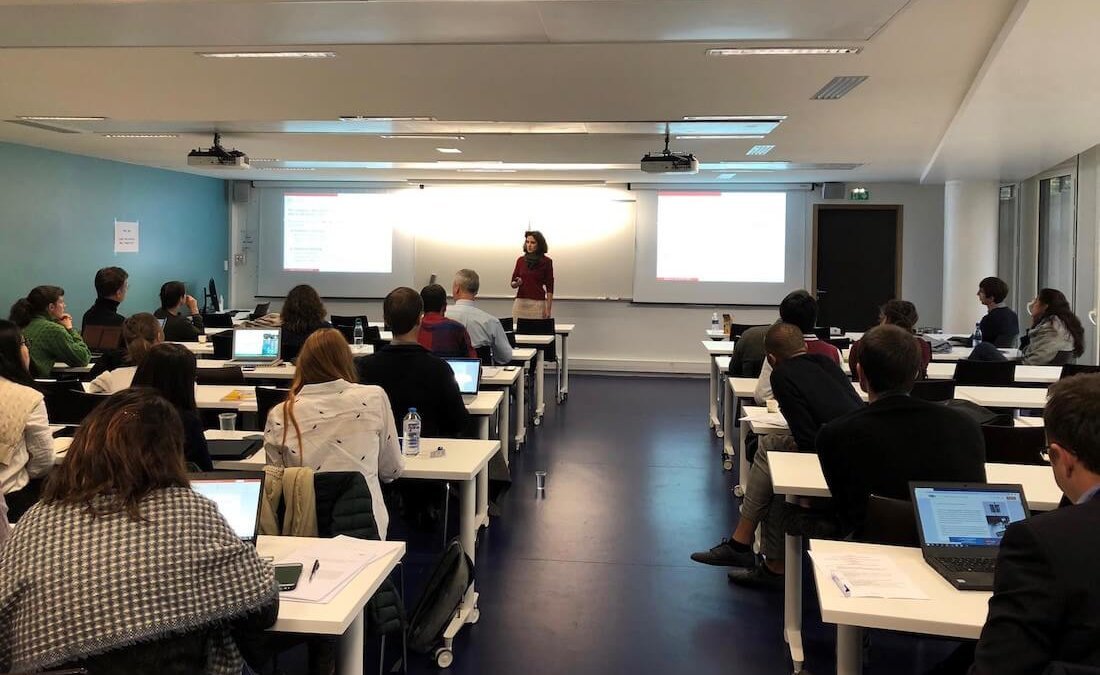Diplocat debates on “Culture and preferences” in Paris

The Paris School of Economics hosts Diplocat's first activity abroad since its reactivation last April
The Public Diplomacy Council of Catalonia (Diplocat) organized today Friday, November 15, together with the Delegation of the Catalan Government in France and the Paris School of Economics a debate on Culture and preferences. The seminar was attended by professors, researchers and students of Catalan and French academic institutions.
The debate in Paris was Diplocat's first activity abroad since the Spanish government ordered its closure in 2018 and the Catalan government and the other members of the institution decided to reopen it in April. According to the secretary general of Diplocat, Laura Foraster, "we recover our academic diplomacy to promote reflection and analysis on the European reality, at the same time that we promote new alliances between Diplocat and its member entities, in this case Catalan universities, with international counterparts".
The debate revolved around the ties and relationships between culture, identity, social policies and economy, and how each element is affected by the actions of others. The papers addressed issues such as the power of social policies to change society, the relationship between cultural identity and unemployment, the role of media and language in the treatment of issues such as immigration and terrorism and their effects on tourism, or the relationship between national identity and political preferences through sport, among others.
As an example of the interaction between identity and sport, Martín Fernández-Sánchez, from the Paris School of Economics, remarked that "football triumphs can foster the sense of identity of a region and this effect translates into particular political preferences", with reference to the well-known link between Football Club Barcelona and Catalonia.
The session began with welcome words by the Catalan Government Delegate in France, Daniel Camós, the director of International Relations at the Paris School of Economics, Andrew Clark, and the secretary general of Diplocat, Laura Foraster. The academic sessions took place during morning and afternoon sessions, with the participation of academics from Barcelona's Pompeu Fabra University, the Autonomous University of Barcelona, the Paris School of Economics, SciencePo and the Institute for Economic Analysis of Barcelona (IAE-CSIC).
